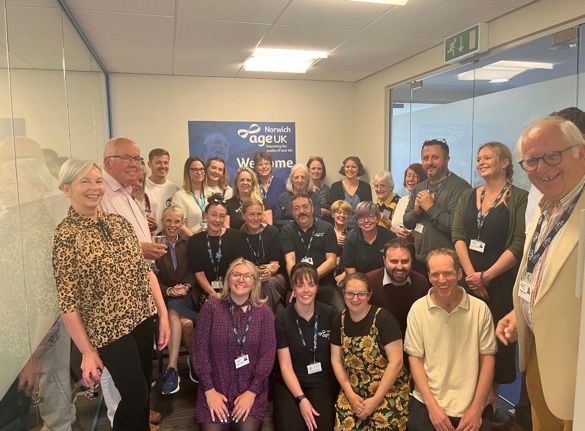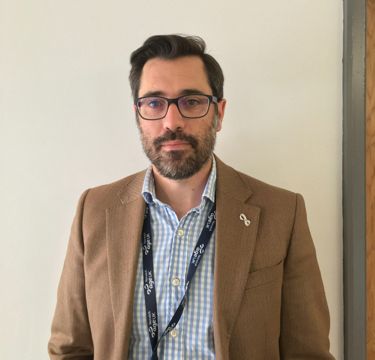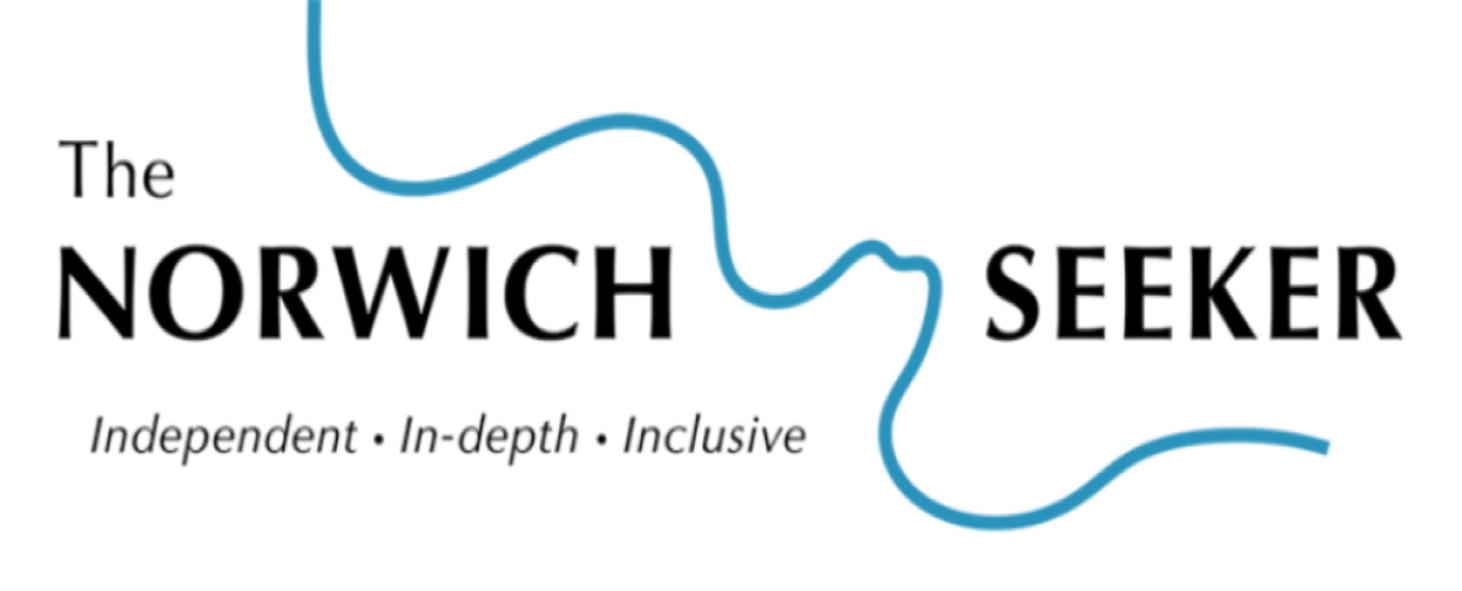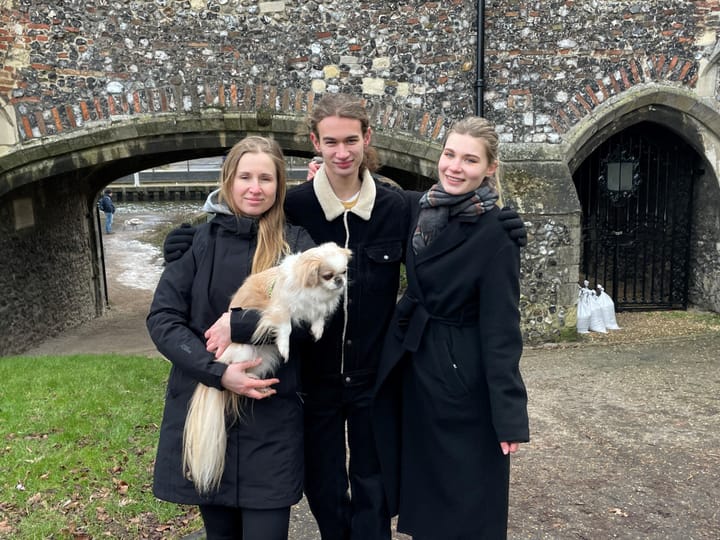Pioneering Norwich health project left in funding limbo
Welcome to our latest Wednesday round up

Greetings from The Seeker!
It's Shaun here with another Wednesday round up of things happening in and around our fine city.
First up - we've broken the 1000 subscriber barrier. 🎉🎉
That's a significant milestone and one of my targets when I took the editor's job on, so thank you all so much for helping us get there.
But it's only part of the story - now we've got to think about how to put things on a sustainable and longer term footing.
The pressures on local media and the disruption caused to traditional business models are there for all to see. We only need to look at the changes at BBC Radio Norfolk and the expected closure of Norfolk Live.
That prompted a question btw from one Seeker this week about whether we should be producing a podcast too.
Well, I'm up for it if you are, but I think we're going to need to get our ducks in a row with the newsletter first, and get some more people in to help with it all, unless I can grow some more hands..
That's why we believe that there has never been a more important time to create a sustainable form of independent local journalism.
Thank you for supporting our vision too.
📰Today's edition
- Funding frustrations
- Winter ready
- New grit
- Anglia Square
- Power cuts
- Food miles
- Park life
- Spend a penny
- Digital theatre
- Wednesday Window (it's back!)
- Out and about
Right let's get going
Funding frustrations

Our city has much to be proud of when it comes to finding solutions to some of our biggest challenges.
Last week chief medical officer Chris Whitty's annual report on how we adapt for an ageing population highlighted the work of two projects run by Age UK Norwich including community care and 'health coaching' as part of a need to focus on how to maximise independence and minimise ill health.
The 1-1 health coaching sees a member of the Age UK Norwich team provide 12 weeks of support with a discharged patient in their home, such as someone waiting for a hip replacement, had a fall, stroke, or has high blood pressure.
Results were dramatic:
- 92% had more confidence
- 84% felt their health had improved
- 53% felt less lonely
Dan Skipper, Age UK Norwich chief executive is rightly delighted and thrilled for his team. Age UK nationally even wants to roll it out across the country.
"After we have coached them their blood pressure goes down 13%," he tells me.
In fact, demand for health coaching has been so strong that around one third of the Age UK Norwich team now work on it.
But here's the problem - getting the NHS and councils to commit to paying for it.
“It’s a simple lack of integration born from short term funding," Dan notes.
The problem is this - the way we fund things in this country, whether it is health or council projects is through short term grants and multiple funding pots, all of which means by the time a project team is put together, the funding might already have gone or you start off not knowing what the future holds.
It's a cap-in-hand process.
Dan thinks it's time for a fresh approach and a rethink for how the NHS and social care does its business.

"You can’t put these things on a pedestal and then not follow through with commitments," he says. "When you go to the doctor they often don't have time to get under the skin of underlying issues and say ‘see you in six months.
"This is about physical re-ablement. That's a prevention strategy.
"Are we spending tax payers money effectively when you have got all these little pools of funding and we are not scaling these things up?"
Prevention strategy
In fact, Norfolk County Council, which spends £45m a year on public health, has just released a new 10-point public health strategic plan which seeks to improve our health and well-being with a focus on "prevention, partnerships, and place".
Launching it Bill Borrett, cabinet member for public health and well-being, said at the time that the plan has "prevention and partnership at its heart".
But Dan remains frustrated with the approach to public health commissioning.
“It’s very much a pat on the back and we will put it in our newsletters," he says.
"That sort of apathy is frustrating. It feels like we haven’t got any overall control or direction of travel. It’s very much lurching from crisis to crisis.
"Some commissioners don't seem to know when or how funding will be decided."


